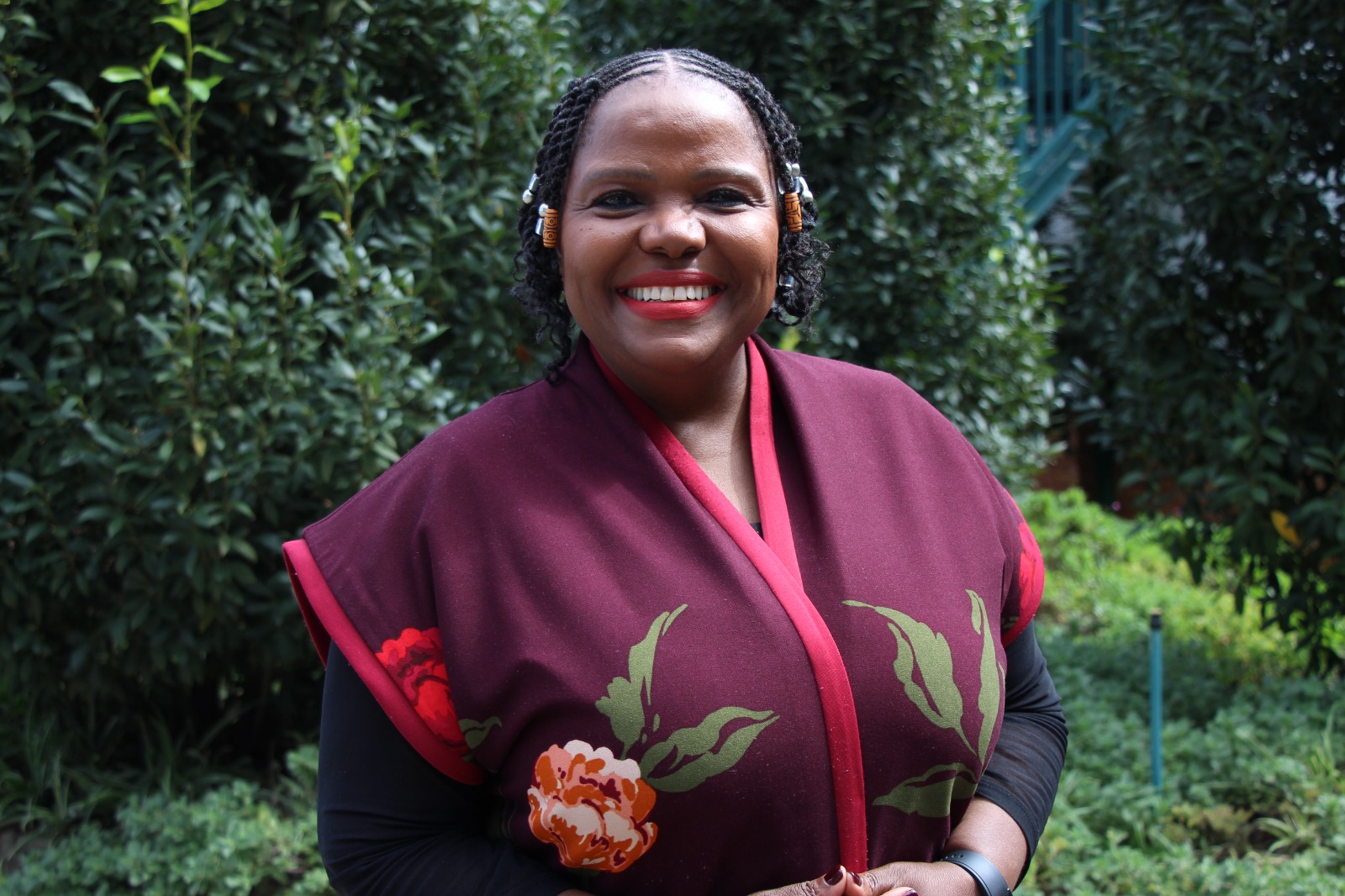At The DaVinci Institute, learning is not confined to lecture halls. It is brought alive through real conversations, lived experiences, and practical reflection. In this agricultural management session, participants were guided by our Executive: Business Development, Dr Sam February, to explore how the principles of business management, often associated with boardrooms and corporates, apply directly to farming, baking, and other small enterprises.
Framed within DaVinci’s philosophy of management of technology, innovation, people, and systems (TIPS™), the programme encourages learners to connect theory with practice. This session focused on two critical functions of management planning and organising, using participants’ day-to-day realities as the foundation for insight.
Planning and Organisation Based on Daily Realities

Dr Sam introduced the focus of the discussion: exploring business management in agriculture through the lens of two key functions, planning and organising. While business management is built on four pillars (planning, organising, controlling, and leading), the emphasis was on how planning and organising directly shape agricultural businesses.
Learning from Participant Experiences
To anchor the session in real-world practice, Dr Sam invited participants to share their own approaches to planning in their agricultural or related businesses.
- The first participant grows spinach in a small space. She prepares her soil with manure before planting and waters her crops daily, but she has not yet developed a three-month production plan. Dr Sam highlighted the importance of setting production targets, such as the volume of spinach to harvest.
- The second participant runs a small baking enterprise producing cakes, biscuits, and scones. She plans to diversify into planting maize and dry beans within three months. Her business is order-driven, producing only when customers request, and she manages stock by purchasing ingredients as needed.
- The third participant has transitioned from yellow maize to potatoes, currently producing about 10 bags per month. She is exploring ways to secure more land to expand production and supply local shops.
- The fourth participant cultivates yellow maize and dry beans, but recently lost a crop of beans due to waterlogging. His experience highlighted the risks posed by natural factors such as heavy rainfall.
- The fifth participant began farming with tomatoes and spinach, but now grows cabbage, spinach, and beetroot. She sells within her community and is considering poultry farming for a more sustainable income.
- The sixth participant grows potatoes and tomatoes on a small 4m x 5m plot, mainly for household use and occasional sales. She also exchanges produce with neighbouring farmers, demonstrating informal trade as a resource strategy.
Key Lessons on Planning
Drawing from these examples, Dr Sam emphasised that effective planning in agriculture requires:
- Defining what to produce and in what quantity.
- Establishing timeframes (e.g., a three-month production cycle).
- Setting income or revenue targets.
- Identifying and organising resources (land, soil, water, seeds, inputs, equipment).
- Anticipating risks such as weather or market changes and preparing strategies to manage them.
Recap on the Session
The session demonstrated that business management principles are not abstract theories, but practical tools that can guide everyday decision-making in agriculture and small enterprises. By grounding the concepts of planning and organising in participants’ lived experiences, Dr Sam highlighted how even small-scale farmers and entrepreneurs can benefit from structured thinking, clear targets, and proactive risk management.
For The DaVinci Institute, this approach reflects its commitment to contextualised learning, where students do not merely study frameworks but actively apply them to their environments. As participants left the session with guiding questions and reflections, they were not only preparing for an assignment but also shaping strategies to strengthen their own enterprises.
In this way, the programme nurtures a new generation of entrepreneurs who are not only growers and producers but also managers of technology, innovation, people, and systems, equipped to thrive in a changing economy.




Leave a Reply